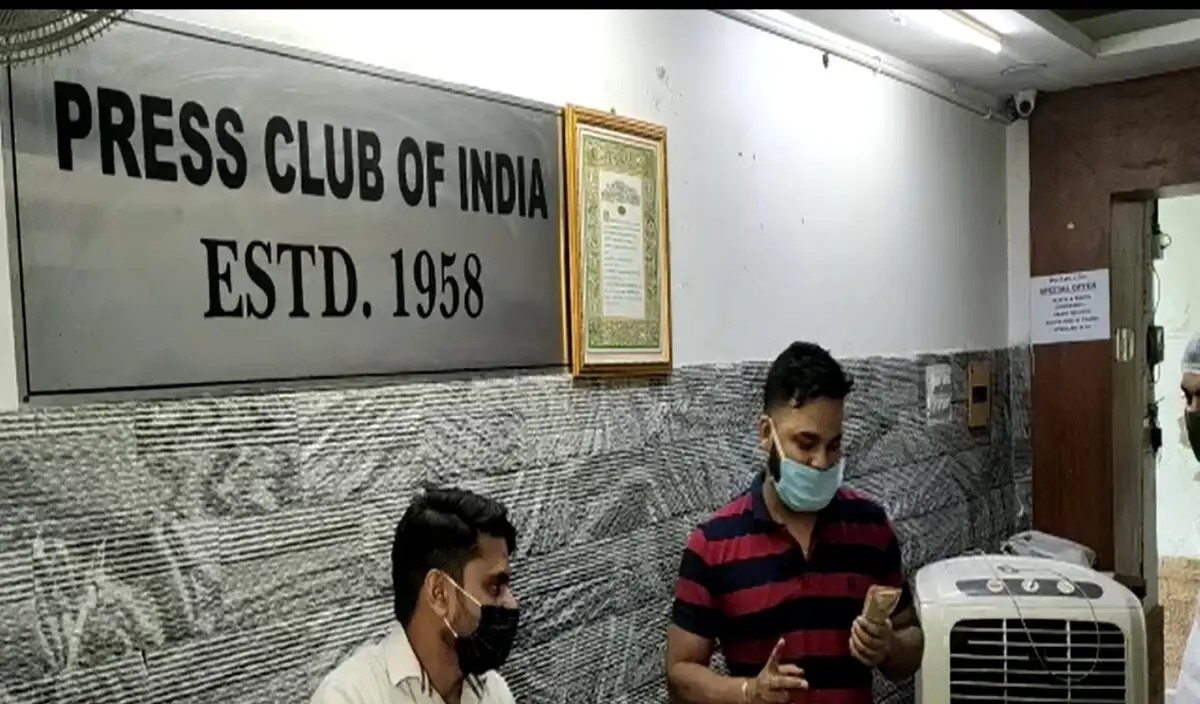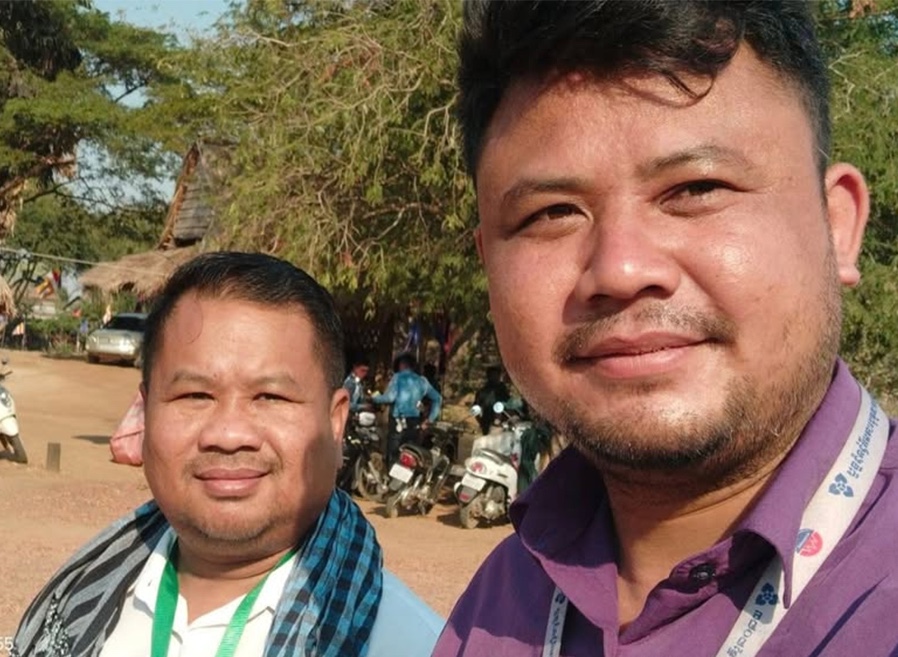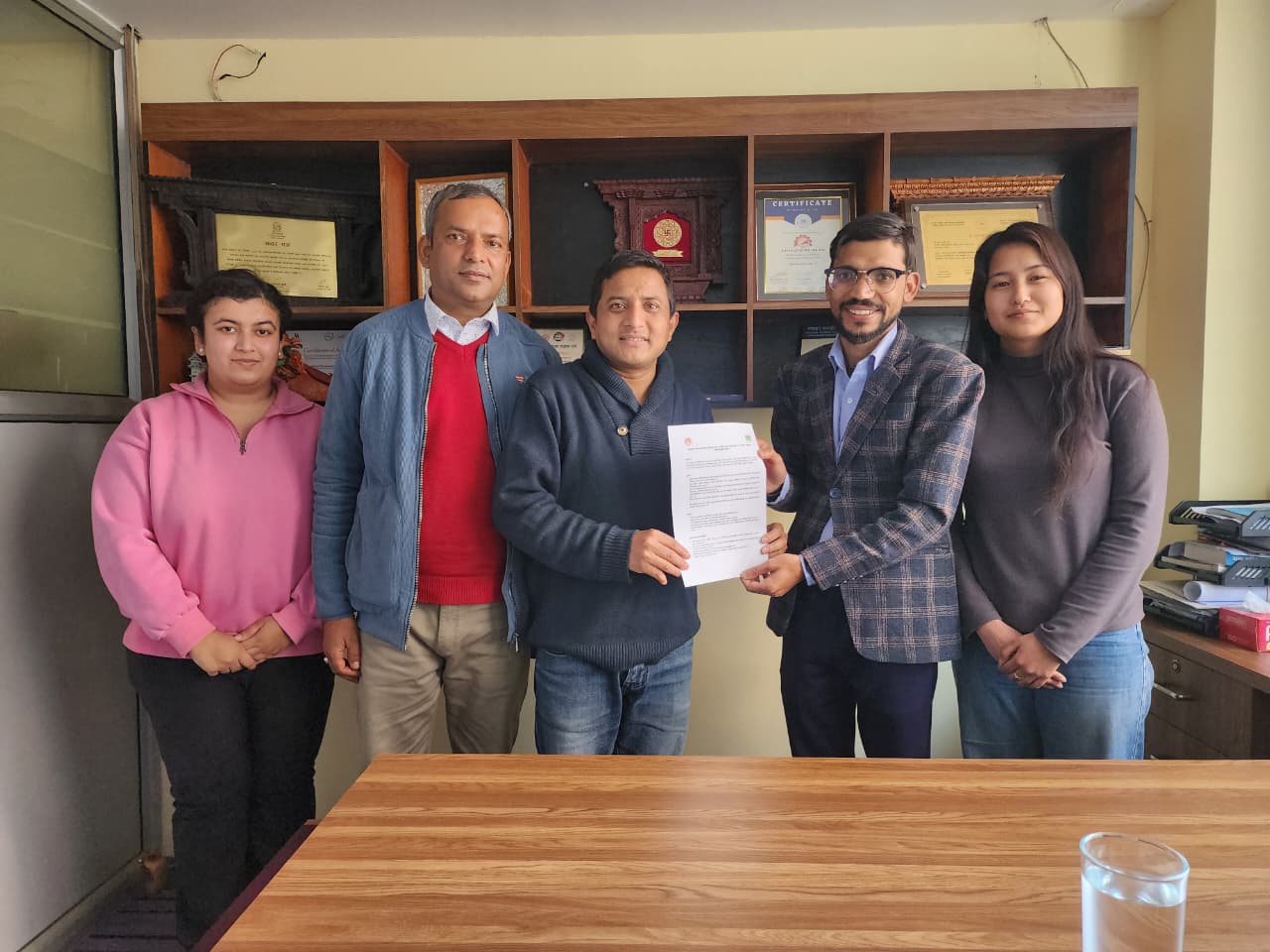
Lawyer Sentenced in Kosovo After Death Threat Against Journalist
November 4, 2024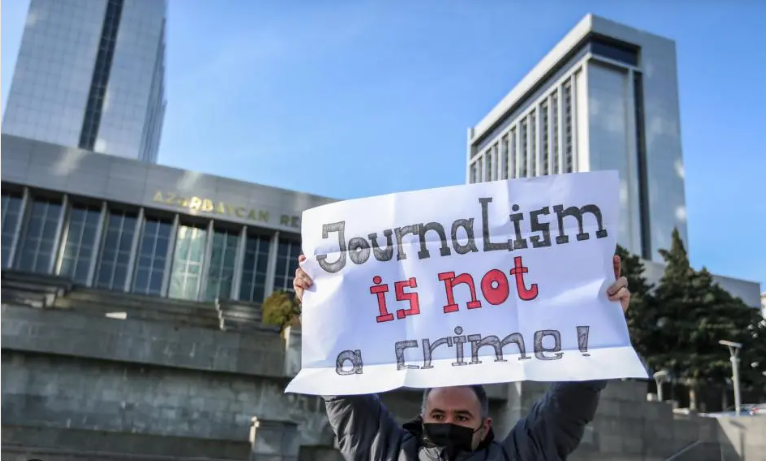
Journalists Denied Entry: Press Freedom Breached at Greek-Albanian Border
November 4, 2024November 4, 2024 – India –
Imran Khan, editor of the Ghaziabad-based Hindi daily Aap AbhiTak, was arrested on defamation charges following a six-month-old election report in which Congress candidate Dolly Sharma accused BJP MP Atul Garg of being involved in land grabbing. Sharma, during the Lok Sabha campaign, claimed Garg had seized 31,000 m² of public land to build a housing society—allegations that Khan faithfully reported under the headline: “BJP makes land‑mafia Atul Garg its candidate.”
Despite a note of Sharma’s status as the source of the accusation—and no evidence added by Khan—the MP filed a complaint under sections of the Indian Penal Code covering defamation, intentional insult, criminal conspiracy, and the IT Act. The local Ghaziabad police swiftly acted: Khan was taken into custody and charged, prompting immediate outcry from the Press Club of India. The Club described the arrest as symptomatic of a chilling new normal, urging UP authorities to educate police on the role of journalists and ensure that reporting on public-interest matters isn’t criminalized.
This incident underscores the problematic use of India’s criminal defamation laws, which can be invoked long after publication. Such laws enable public figures to suppress critical narratives—a tactic increasingly deployed by powerful individuals to silence media scrutiny. Imran Khan’s arrest, based on a direct quote during an opposition press conference, highlights how quickly journalistic duty can be criminalized when politically sensitive claims go unverified.
While Indian courts allow libel suits for reputational harm, they also recognize the right to publish defamatory statements if based on public interest and factual sources. As one Delhi court has emphasized, “Press should not publish anything… unless it is duly verified and there is sufficient reason to believe that it is true and its publication will be for the public good.” In Khan’s case, the report merely echoed Sharma’s claims without editorial commentary or fabrication.
The arrest raises serious alarms: when defamation laws are wielded against legitimate reporting, journalists risk facing legal retaliation rather than public defense. This not only endangers press freedom but erodes media independence and the public’s right to know. The case of Imran Khan serves as a warning: unchecked legal threats can turn election coverage into a legal minefield, curbing accountability and intimidating the watchdog press.
Reference –

